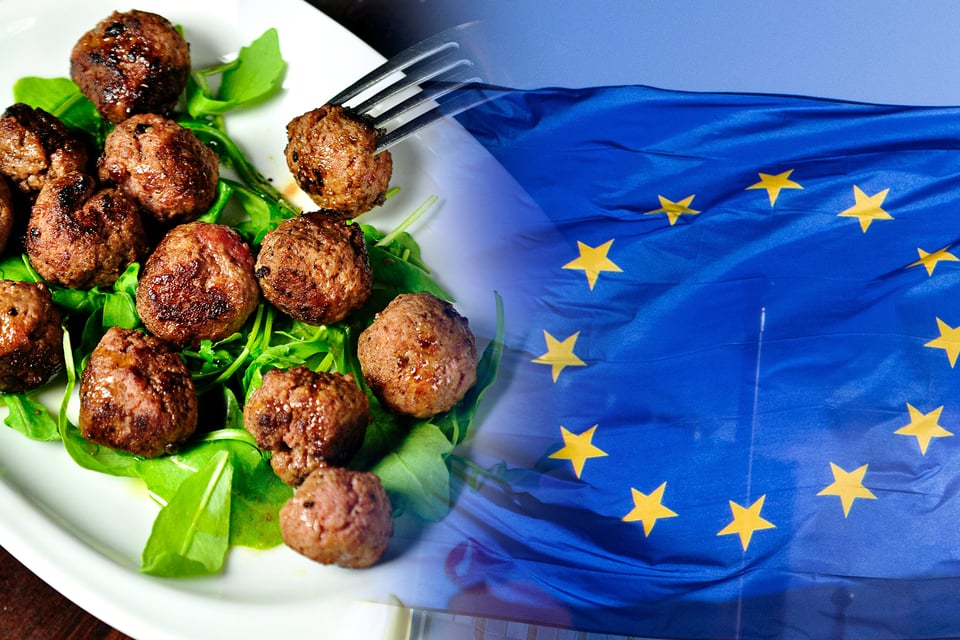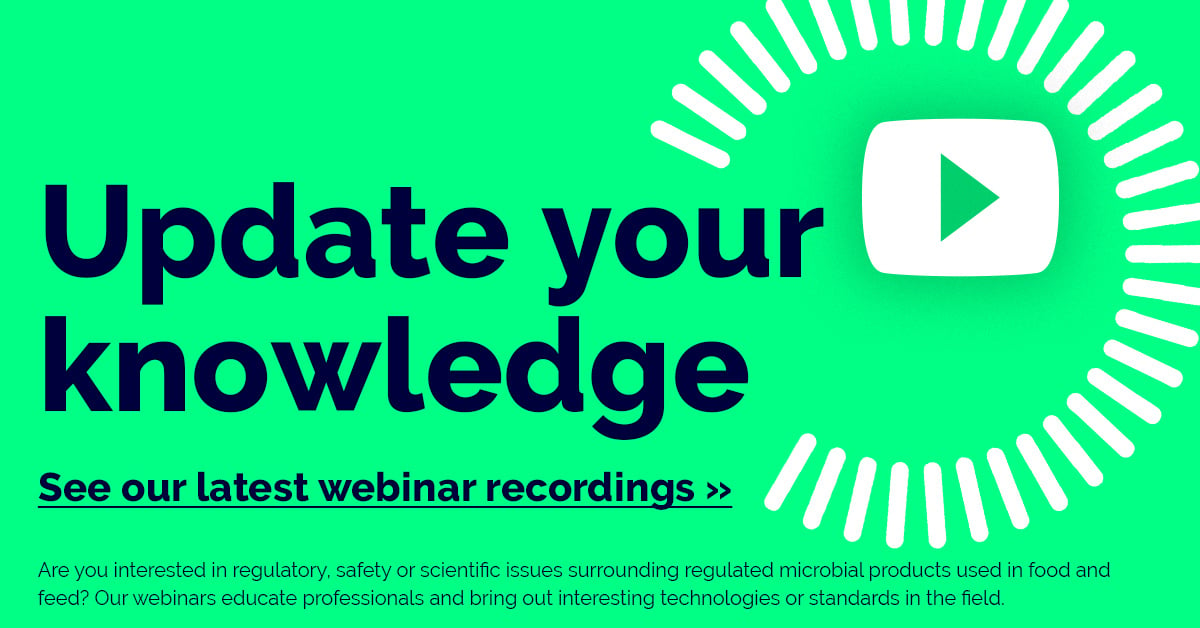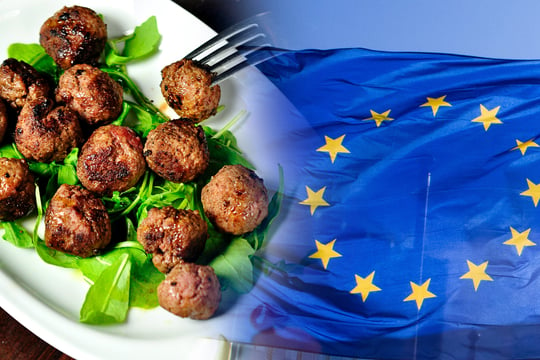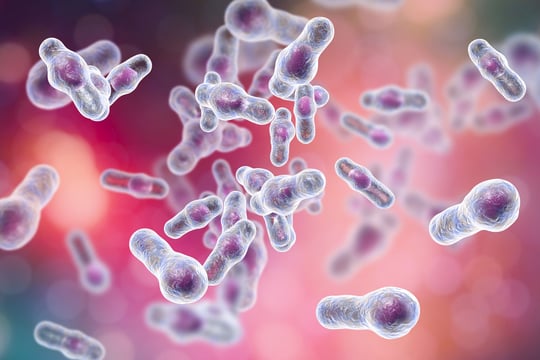
The European Union (EU) has some of the most stringent food safety regulations in the world. From the General Food Law to sectorial laws and detailed guidance on how to assess safety, the EU sets high standards for food safety that affect not just its 27 Member States but also the global food industry.
This article serves as an overview of EU food safety policy, shedding light not only on food safety regulation in the European Union but also on the guidance documents that are integral to the evaluation of regulated products. It is important to note that this article functions as a glossary, elucidating industry-specific terms and concepts. While it does not delve into aspects like hygiene regulations or contamination issues, its focal point is on regulated products that undergo evaluation by EFSA. We aim to provide insights into the implications of EU food safety regulations on the food chain and the considerations for those seeking to introduce their products into the dynamic European market.
Quick links to content:
- Farm-to-fork food chain regulation
- EU, EC and EFSA approvals, assessments and authorisations
- General Food Law
- Transparency Regulation
- Food Safety Assessment
- Food enzymes, feed additives, plant protection products
- Environmental risk assessment
- EFSA Guidances
- EFSA Novel Food Guidance
- Registering new microorganisms as novel foods
- AMR policy in the EU
- QPS Status
- Future biotech regulations
- Getting help from food safety consultancies
- Conclusion
Farm-to-fork food chain regulation
The food chain begins with the production, processing, storage and transport of food products, and ends with the preparation, distribution and consumption of food.
The EU has implemented a farm-to-fork approach to food safety, meaning that the entire food chain is subject to regulation. It requires food businesses to take the necessary precautions to ensure the safety, integrity and quality of food products throughout the chain. This includes the registration of food businesses and the traceability of food products, as well as the premarket registration of certain regulated products such as food additives, food enzymes, and genetically modified food.
Read more on Navigating evolving EU regulations
EU, EC and EFSA approvals, assessments and authorisations
Food and feed businesses need to seek approval for certain regulated products before placing them on the European market. In the European Union (EU), there is a hierarchical system (or framework) for getting approval for new food products to enter the market. The European Commission (EC) is the EU's executive branch, responsible for making the final decision on whether to authorise a new food product, but they rely on the scientific expertise of the European Food Safety Authority (EFSA) for scientific safety assessments.
The process begins with the submission of a food product application, which includes a technical dossier, to the European Commission via the e-submission system. The dossier should contain scientific data on its proposed uses and use levels as well as detailed information about the product, including its source and identity, raw materials, manufacturing processes, purity and nutritional value. The EU also requires that food businesses provide proof that their products meet the safety and quality standards set out in the EU General Food Law.
The Commission then mandates or tasks EFSA to evaluate the safety of the substance for its intended uses. EFSA will conduct a comprehensive assessment of the food product, including a safety evaluation, and provide a scientific opinion to the EC. The EC will use EFSA's scientific opinion to make a final decision on whether to authorise the food product for sale in the EU market.
It's important to note that the EC has the final say on authorising new food products in the EU. EFSA's role is to provide scientific expertise and guidance, but they do not have the authority to approve or reject food products.
At Biosafe, we understand the complexities of navigating the regulatory framework for new food products in the EU. We can provide expert advice and guidance on the food safety assessment process, helping our customers ensure that their products meet the necessary requirements for authorization in the EU market.
Read more: Who you need for EU approval of your food and feed product
General Food Law
Regulation (EC) No 178/2002 or the EU General Food Law is the starting point for all food safety regulations in the European Union.
It lays out the basic requirements for food safety in the EU, including the conformity of food with safety and quality standards, the traceability of food products, and the rights and responsibilities of food businesses. It also requires that food businesses keep detailed records of their activities and provide them to the authorities upon request. The regulation also established the European Food Safety Authority (EFSA) as an independent scientific agency responsible for providing scientific advice and risk assessments on food safety issues as opposed to national food authorities.
Read more on recent changes: How will food transparency change with the new amended EU General Food Law?
Transparency Regulation
Regulation (EU) 2019/1381 or the Transparency Regulation amends the General Food Law. It requires food businesses to make information about their activities available to the public, including data on food safety assessments, environmental risk assessments and the authorization of new foods. The new regulation enables citizens to access the scientific studies and information submitted to EFSA by industry. These studies and this information shall be published from the start of the risk assessment process, in an easily accessible electronic format, and studies shall be available to be searched through, downloaded and printed. Confidential information shall be protected in duly justified cases and requests for confidential treatment shall be assessed by EFSA.
There are many questions that arose when the Regulation took effect in 2021.
You can read them here: Transparency Regulation in the EU 2021 — How to Comply
Food Safety Assessment
The EU requires all food businesses to conduct a food safety assessment before placing regulated food products on the market. This involves a thorough examination of data, including the identity of the food, the production process, toxicological studies and potential allergenicity. The EU also requires that food businesses have a Hazard Analysis and Critical Control Point (HACCP) system in place to identify and control food safety hazards.
Read more: Better food (and feed) means more food safety assessment
Food enzymes, feed additives, plant protection products
The EU also requires food businesses to seek authorisation for the use of many products in the food chain that are not foods per se. For example, food enzymes, feed additives and plant protection products all have specific regulations that apply to them. The authorisation process requires the submission of detailed data on the safety and sometimes the efficacy of the product, as well as proof that the product meets the safety and quality standards set out in the EU General Food Law.
Environmental Risk Assessment
In some cases, the EU requires food and feed businesses to have their environmental risks assessed particularly for regulated substances and products such as GMOs, feed additives and pesticides. The way this happens is that EFSA is requested by EU legislation to carry out an Environmental Risk Assessment (ERA). This helps to ensure that the environment is protected from the potential risks associated with food production and processing.
Read more on EFSA feed regulation: environmental risk assessment of feed additives
EFSA Guidances
The European Food Safety Authority (EFSA) provides guidance on the safety of food products and what studies are required for e.g. food additives, food enzymes, and genetically modified microorganisms (GMMs). These guidance documents are based on the latest scientific research and evidence and are used to help food businesses comply with the EU's regulations.
Read more on how EFSA has changed Food Safety Assessment in the last 10 years
EFSA Novel Food Guidance
EFSA also provides guidance on novel foods, which are foods that are not traditionally consumed in the European Union. These can range from new microbial products to algae in the food chain. This guidance helps food businesses identify potential hazards and risks associated with novel foods, as well as monitor their use in the food chain.
Read more: Navigating your microorganism through the EFSA novel food guidance
Registering new microorganisms as novel foods
The EU requires the registration of new microorganisms before they can be used as food. This process requires the submission of detailed information about the microorganism and the assessment of its safety, its proposed use and use levels.
Read more: Microbial novel foods: Registering a new microorganism in the EU
AMR policy in the EU
There are stringent rules for the prevention and control of Antimicrobial Resistance (AMR) in the European Union. This includes the registration of food businesses, the traceability of food products, and the monitoring of AMR levels in the food supply. The use of microorganisms in food production or as food should not add to the pool of antimicrobial resistance (AMR) genes already present in human/animal gut bacterial populations or otherwise increase the spread of AMR.
Read more: Antimicrobial resistance – are we doing enough?
QPS Status
The EU's Qualified Presumption of Safety (QPS) status is given to microorganisms that have been assessed by the European Food Safety Authority and found to be safe for human consumption, animals, and the environment. This status allows food businesses to fast-track the assessment process of their microbial product, so they can place their product on the market without having to perform toxicological studies, provided that the overall production process does not give rise to concern.
QPS status: the golden standard of microorganism safety evaluation
Future biotech regulations
The EU is constantly updating its regulations to keep up with advances in the field of biotechnology. This can include organisms derived from new genomic techniques or the authorisation of new food additives and food enzymes. Cellular agriculture holds a lot of promise as heard in this webinar on future food production.
Customers are increasingly interested in new sustainable foods and companies are increasingly looking for new solutions, which we got to experience first-hand at the latest Future Food-Tech summit.
Getting help from food safety consultancies
Companies can turn to food safety consultants before placing food products on the market. This helps to ensure that the product meets the necessary safety and quality standards and helps to make the authorisation process as smooth as possible. Being a socially responsible corporation in the food industry is also something consultants like Biosafe can help with.
Food safety consultancy: finding out what customers really need
Conclusion
The European Union's regulations have a huge impact on the food chain and the global food industry. The EU as a huge trading block and legislative zone sways the decisions of many companies and sets standards not just for Europe but for the world.
Contact our experts!
|
|
|
 Meeri Sutinen Quality Manager, PhD +358 40 574 9191 meeri.sutinen@biosafe.fi |
 Anne Ukkonen Regulatory Manager, PhD +358 40 581 3160 anne.ukkonen@biosafe.fi |








/Lopputuote/microbial-products-biosafe-2-1920x1280.jpg?width=540&name=microbial-products-biosafe-2-1920x1280.jpg)



/Lopputuote/microbial-products-cell-cultivated-meat-2-biosafe-1920x1280.jpg?width=540&name=microbial-products-cell-cultivated-meat-2-biosafe-1920x1280.jpg)

